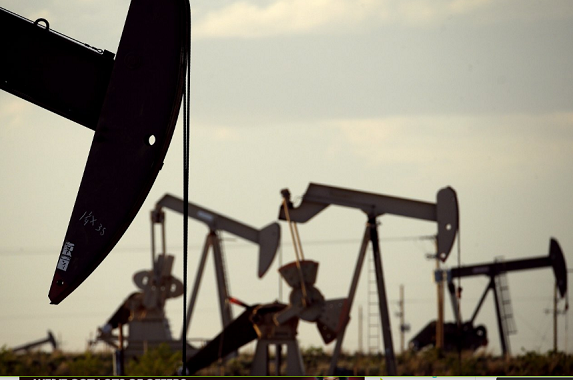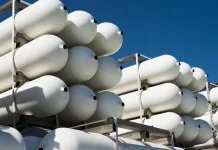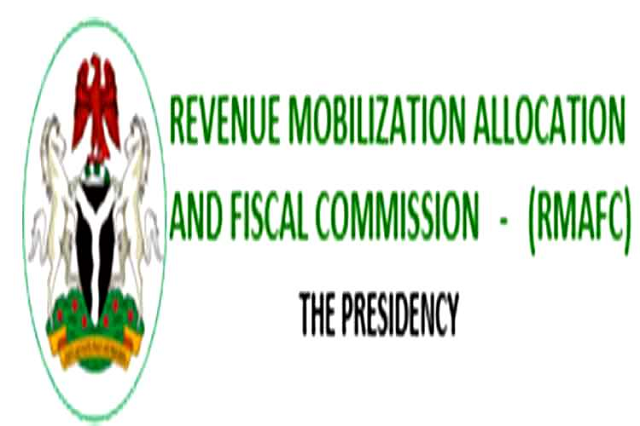The oil industry will face the biggest squeeze on its spare production capacity in more than three decades if the Organisation of Petroleum Exporting Countries, OPEC and its allies agree next week to hike crude output, leaving the world more at risk of a price spike from any supply disruption.
Spare capacity is the extra production oil producing states can bring onstream and sustain at short notice, providing global markets with a cushion in the event of natural disaster, conflict or any other cause of an unplanned supply outage.
That buffer could shrink from more than 3 percent of global demand now to about 2 percent, its lowest since at least 1984, if the cartel, Russia and other producers decide to increase output when they meet on June 22-23, U.S. bank Jefferies said.
“You would essentially be taking 3.2 million barrels per day (bpd) of spare capacity down to approximately 2 million bpd,” Jefferies analyst Jason Gammel said, adding global demand was 100 million bpd.
Some analysts say spare capacity could even fall below 2 percent, after years of low oil prices drove down investment in new production across the industry.
Saudi Arabia, OPEC’s de facto leader which has indicated its support for hiking output at next week’s meeting in Vienna, has said it is alert to the potential squeeze on the market.
“We are concerned about tight spare capacity nowadays,” Saudi Energy Minister Khalid al-Falih told Reuters last month, although he also said the industry was in “better shape” than in 2016 when oil prices plunged below $30 a barrel.
OPEC and its allies have been curbing supply since January 2017 to boost oil prices and cut bloated global inventories. The price of crude has since surged, climbing above $80 a barrel last month, while inventories have also fallen.
But falling inventories, which have now dropped back to around their five-year average in industrialized nations, adds to the conundrum facing OPEC.
“Today we no longer have an inventory cushion or a large spare capacity,” Claudio Descalzi, chief executive of Italy’s Eni (ENI.MI), said in January. “In this context, any geopolitical event can create a price spike.”
Oil prices have faced one jolt already this year. A U.S. decision to pull out from an international nuclear deal with Iran and reimpose sanctions helped prices climb to their highest since 2014. Sliding Venezuelan output has added to supply concerns.













